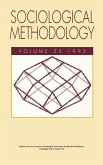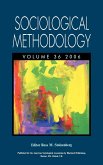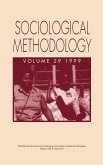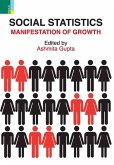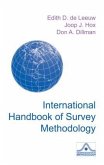Methodological questions come in many sizes. For those who like truly enormous questions, and for those who simply cannot avoid big questions, this volume of Sociological Methodology offers a major statement by James J. Heckman on the measurement of causal effects. Big questions and big answers require big discussions. Michael E. Sobel provides the necessary critique in a discussion that might serve as a chapter in its own right, were it not focused on Heckman's chapter. But smaller questions are important too, and the answers to them often spell the difference between ambiguous findings and successful, useful research. In this volume: * Rashotte, Webster, and Whitmeyer remind readers that small differences in instruction wording can produce substantial differences in findings. * Lynch and Brown give readers new methods for calculating the life table quantities that are the mainstay not only of formal demography but many applied social science topics and policy research subjects that rely on the life table. * Bhati proposes new methods for examining the spatial distribution of rare events - a subject that has frustrated those who study not only crime but epidemiology and related topics. * Handcock, Rendall, and Cheadle contribute a paper that demonstrates useful methods for incorporating into a multivariate analysis extraneously learned information about a bivariate relationship. In short, Sociological Methodology 2005 contains important contributions to a wide range of sociological research methods. Social researchers of all varieties are sure to find much research in this volume.


